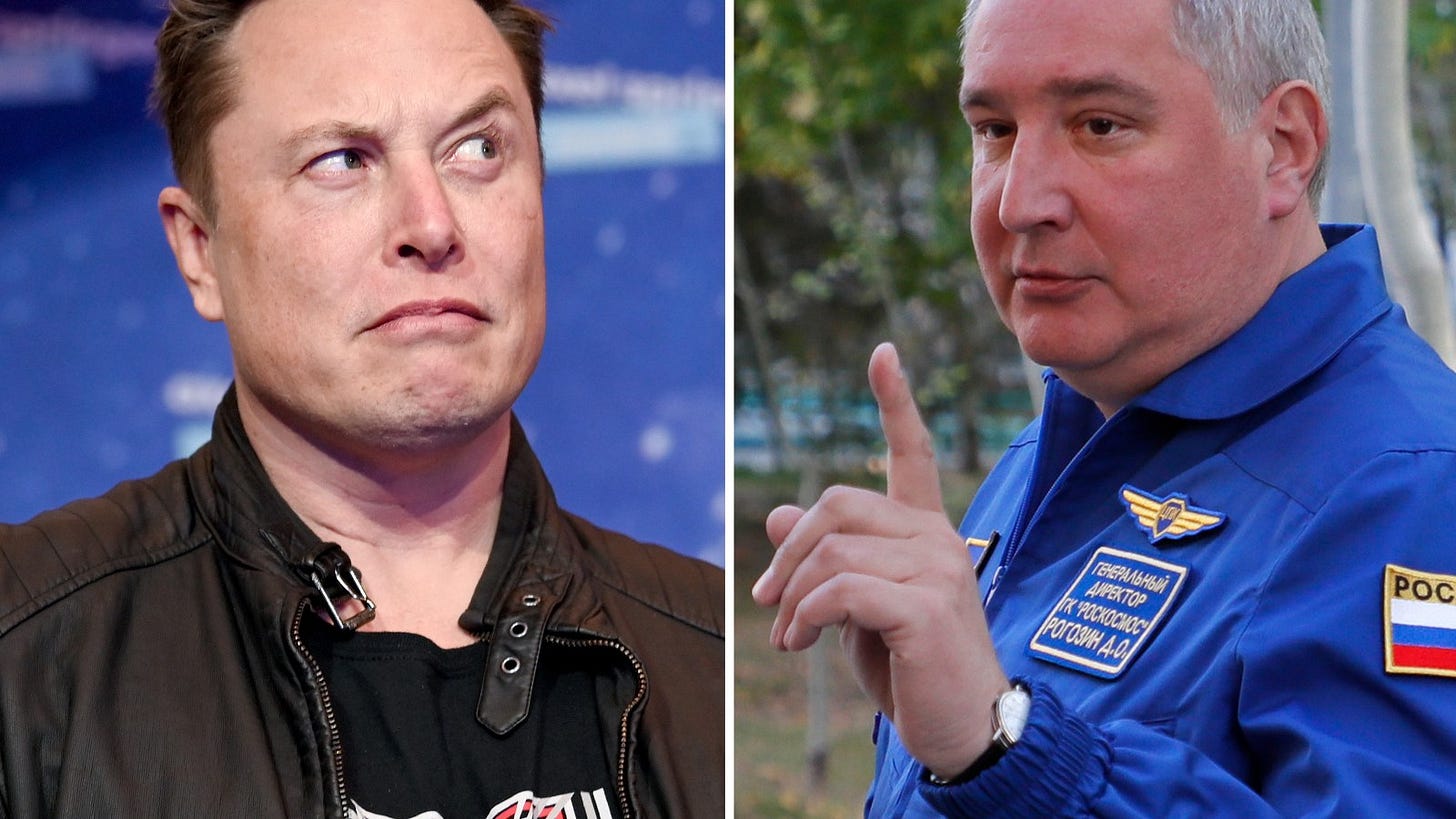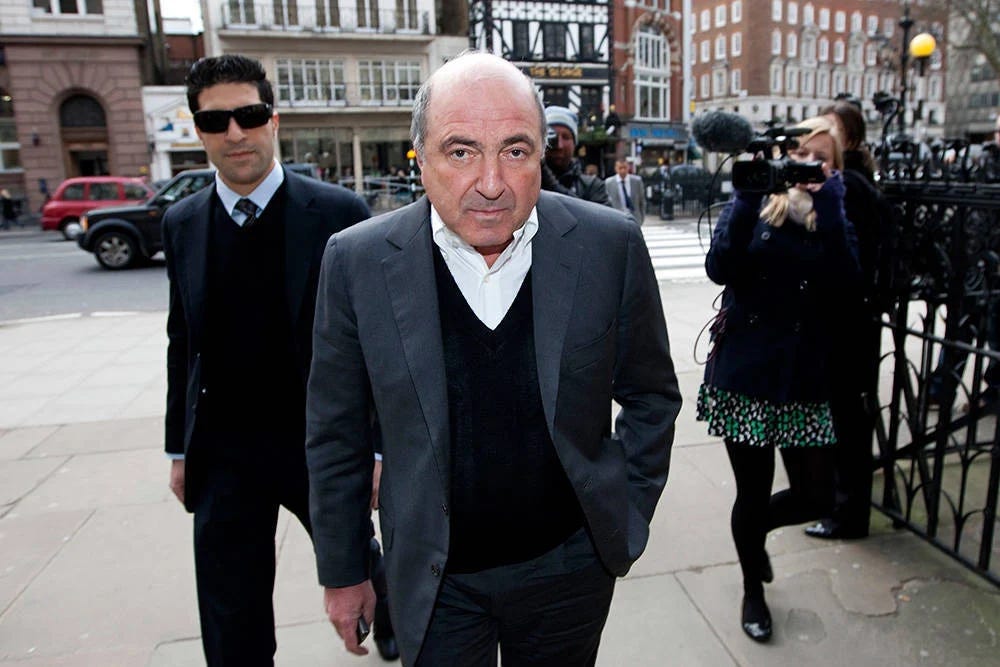Elon Musk on Rd Square: AI-created image
The most popular person in Russia right now is, of course, Elon Musk. Everyone loves him: officials, businessmen, and ordinary citizens alike. His unusual gesture during a speech before the inauguration surprised many, as it’s commonly believed in Russia to resemble a Nazi salute. However, this did nothing to tarnish the image of the owner of SpaceX and the social network X.
It’s rather surprising that in the month leading up to Donald Trump’s inauguration, most conversations in Russia revolved around Elon Musk. All hopes are pinned on him.
Eight years ago, when Trump was first elected President of the United States, he was considered "Russia's guy" by many Moscow. Now, no one harbors such illusions. Instead, the title of "our man in America" has shifted to Elon Musk.
From Russia with X
The latest rumor circulating among Russian political elites is about the possible unblocking of the former Twitter. The X platform was banned in Russia in 2022, shortly after the invasion of Ukraine. But much has changed since then, and many Russian officials now believe that X must be urgently unblocked to help normalize relations with America. One of the supposed supporters of this idea is Kremlin spokesperson Dmitry Peskov. Allegedly, he argues that Musk is not an enemy of Russia, nor is his social network. After all, it was X that once spread Tucker Carlson’s interview with Vladimir Putin to a global audience. This fact greatly pleased the Kremlin.
This doesn’t necessarily mean that the Russian government has any real levers of influence—rather, they seem to believe that the world’s richest man is deeply interested in Russia and enjoys his self-appointed role as an unofficial chief negotiator with Moscow.
Troubled Friendship
In the popular biography of Elon Musk, published in 2015, there’s a story about how the budding entrepreneur traveled to Moscow in 2001 to buy a ballistic missile. Initially, the negotiations were fruitless—one general reportedly even spat in Musk’s direction upon hearing his plans to colonize other planets. Ultimately, the deal fell apart over pricing: the Russians wanted $8 million for one missile, while Musk was willing to pay that amount for two.
Over time, Musk’s seriousness became apparent. In Russia, there was once an official who attempted to compete with him: Dmitry Rogozin, a well-known populist and even nationalist politician, whom Putin inexplicably appointed to head Roscosmos, Russia's equivalent of NASA. Rogozin was keen to prove he was superior to Musk and frequently made absurd statements. For instance, he mockingly suggested that after the retirement of the Space Shuttle program, Americans would need to send their astronauts to the ISS using a trampoline. When Musk successfully launched the Crew Dragon to the ISS, he responded on Twitter with a triumphant “HA! The trampoline is working,” delivering a perfect retort to the Russian official’s empty bravado.
Elon Musk and Dmitry Rogozin
Dmitry Rogozin's career, incidentally, ended ingloriously. He was dismissed at the very beginning of the war and later embarked on a propaganda tour to the Donbas, where he was injured while dining in a restaurant—sustaining damage to his buttocks. The incident sparked a wave of jokes, as practically no one missed the opportunity to mock it. As for Musk, jokes about him in Russia have long ceased. The closer he aligned politically with Trump, the more seriously the political elite began to regard him.
Many in Russia have their own stories of chance encounters with Musk. For instance, he holds great respect for Sergey Korolev, the founder of the Soviet space program, and maintained contact with Korolev’s family—a stark contrast to the Russian authorities’ indifference toward the legacy of the visionary engineer who sent the first human into space.
“А Man Who Cannot Be Stopped”
After the start of the full-scale invasion of Ukraine, Musk provided access to his Starlink network to the Ukrainian armed forces. However, as reported by The Wall Street Journal and confirmed by sources in Moscow, Musk also began regularly speaking with Vladimir Putin and other Russian officials, such as Sergey Kiriyenko, the Kremlin's deputy chief of staff in charge of domestic policy. The longer these conversations continued, the more critical Musk became of Ukraine and its president, Volodymyr Zelensky. In Moscow, they are convinced that Musk relishes this role, effectively acting as an unofficial secretary of state for relations with Russia.
From the perspective of the Russian elite, Musk is somewhat influenced by Putin. He is reportedly flattered by being a regular interlocutor of the Russian president and seems to trust many of Putin's arguments. Putin, for his part, tries to reciprocate. A year ago, during an interview with Tucker Carlson, the Russian president called Musk “a man who cannot be stopped.”
Elon Musk has long been admired by many Russian oligarchs, who see him as embodying their dreams. A businessman wielding state-level power without holding any official position perfectly reflects the aspirations of Russian big business in the 1990s, when problems were solved through threats, bullying, and brute force. No one back then could have imagined that something similar would unfold in the West.
Musk as Berezovsky
Observing the initial steps of the Trump-Musk tandem through the lens of Russian political history, it’s hard to shake a sense of déjà vu. Something strikingly similar happened in Moscow exactly 25 years ago.
At the time, Vladimir Putin had just been elected President of Russia, with the all-powerful oligarch Boris Berezovsky standing behind him.
Berezovsky had played a pivotal role in securing Putin’s presidency. He believed the new Russian leader would remain indebted to him, preserving the loyalty and obedience that Berezovsky had come to expect. However, the oligarch overstepped his bounds far too quickly.
Boris Berezovsky
Just three months after Putin’s inauguration, Berezovsky resigned from his position as a member of the Russian parliament and fled to London, entering voluntary exile. He was confident it would only be temporary, convinced that Putin would falter, that no one would dare strip him of his power and wealth. But Berezovsky was wrong.
Alexander Nevzorov, a star of Russian journalism in the 1990s and once a trusted ally of Putin—now a fierce critic and political exile—recently wrote in his blog that Musk is destined to follow Berezovsky’s path in the coming months. According to Nevzorov, two alpha males cannot coexist in the same den. After Steve Bannon publicly stated that Musk and Trump need to be separated, many began discussing this as though it were a foregone conclusion.
This perspective, however, partly stems from the fact that, as many Russian businessmen admit, the country’s elites fear Musk even more than they fear Donald Trump. The owner of X, Tesla, and SpaceX at the helm of global affairs appears even more unpredictable than Trump in the White House. He inspires the most hope but also the greatest apprehension.







Stick Elmo in one of his tinny toys that only work 75% of the time and can't self-drive for shit, then stuff that in one of his toy rockets, and fire it into the sun. It might even explode on the way and save time.
Musk and Moscow is a truly amazing story to tell: This time is like nothing else that has happened. and it's definitely not over. Bravo!
Bravo Mikhail